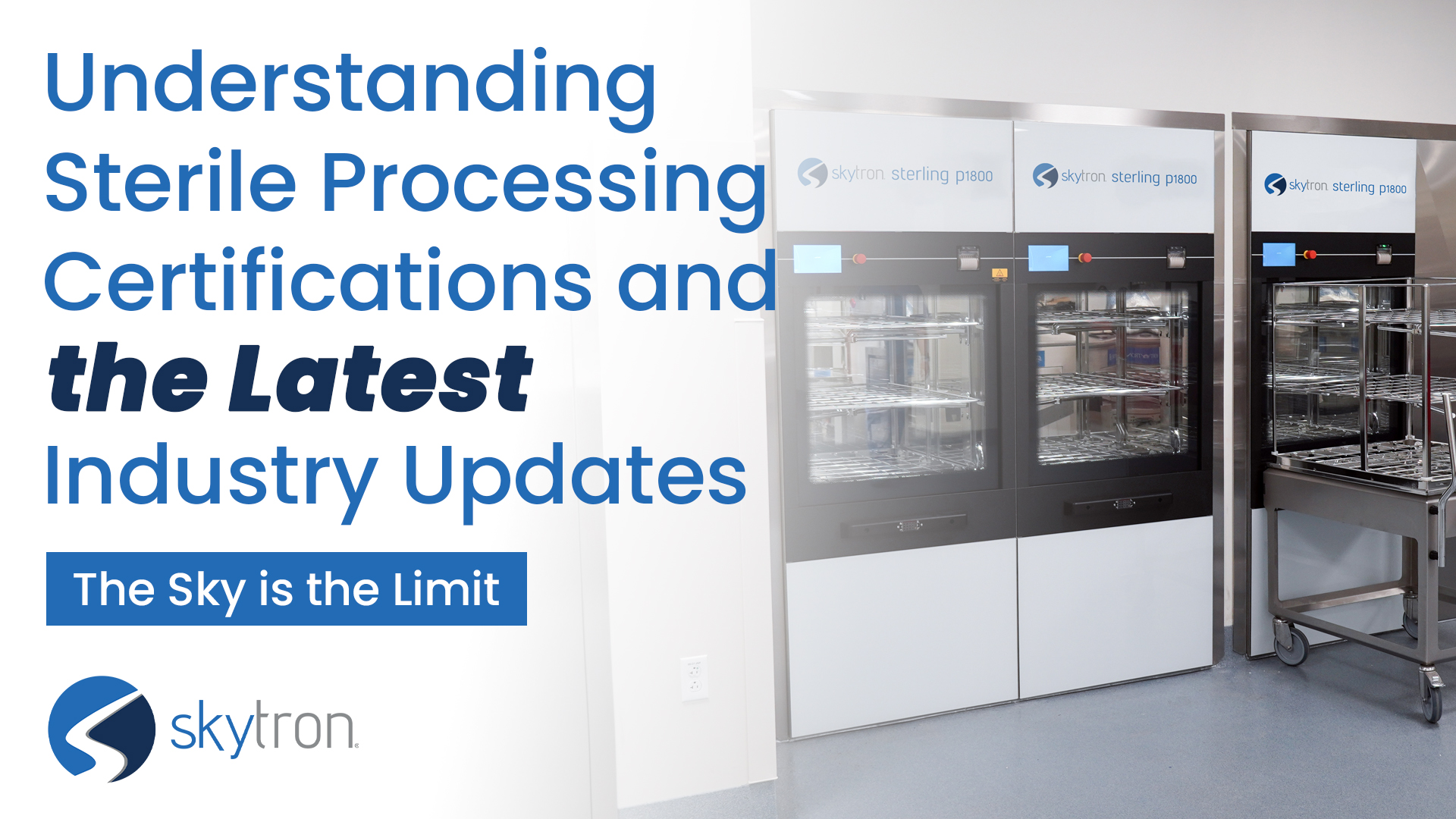
-
Written ByRebecca Kinney
-
PublishedJune 13, 2023
These technological components enable healthcare professionals to practice critical skills, make informed decisions, and experience the consequences of their actions in a risk-free environment.

We are all aware of the critical role infection control plays in ensuring patient safety and positive surgical outcomes in the perioperative setting. To achieve best practices, infection control (IC), professionals must come alongside OR teams and partner with them for continuous education and training regularly. The age-old adage “it takes an army” is not an understatement when it comes to seamlessly running our ORs like a well-oiled machine. “The surgical team must work together to provide optimal care for each patient and prevent SSIs. The infection prevention team is charged with considering each aspect of the patient’s surgical procedure and care and assigning levels of risk.” 1 In this write-up, we will explore strategies for enhancing perioperative education to improve IC practices. We will focus on the use of simulation-based training, interactive workshops, and the integration of technology as effective tools for learning and reinforcing best practices.
Simulation-Based Training: Bridging the Gap between Theory and Practice
Simulation-based training has gained prominence in healthcare education, offering a safe and controlled environment for learners to practice essential skills and decision-making. In the context of perioperative education, simulation provides an invaluable platform for healthcare professionals to acquire and refine infection control practices. Simulated scenarios can replicate real-life surgical situations, allowing learners to engage in hands-on experiences, enhance critical thinking, and develop muscle memory.
Examples of some simulations can include proper hand hygiene techniques, sterile gowning and gloving, and effective management of contaminated instruments. By actively participating in these exercises like these, healthcare professionals can gain confidence and competence in infection control procedures, ultimately translating into improved patient safety in the operating room.
One example of this is the Surgical Immersive Training Environment (SITE) program developed by the American College of Surgeons (ACS). The SITE program utilizes advanced technology and realistic simulated scenarios to provide surgical teams with hands-on training in a safe and controlled environment. The program aims to improve communication, teamwork, and adherence to infection control practices among perioperative healthcare professionals.
In the SITE program, participants engage in realistic surgical simulations that replicate various aspects of the perioperative environment. They are designed to closely resemble real-life surgical scenarios, incorporating factors such as time pressure, unexpected events, and patient-specific considerations.
These technological components enable healthcare professionals to practice critical skills, make informed decisions, and experience the consequences of their actions in a risk-free environment.
Interactive Workshops: Fostering Collaboration and Knowledge Exchange
Traditional didactic lectures have limitations in terms of engagement and retention of information. Interactive workshops, on the other hand, provide a dynamic learning environment that encourages active participation and knowledge exchange among participants. When it comes to perioperative education for infection control, interactive workshops can be highly effective.
Workshops can involve case discussions, group activities, and problem-solving exercises related to infection prevention and control. This approach fosters collaboration among healthcare professionals, encourages critical thinking, and promotes the exchange of ideas and experiences. It also allows for the exploration of complex infection control challenges, facilitating a deeper understanding of the subject matter.
Integration of Technology: Enhancing Learning and Reinforcement
Technology continues to transform the landscape of education, and its integration into perioperative education can significantly enhance infection control practices. Here are a few ways technology can be utilized:
- E-learning platforms: Online modules and courses provide flexibility and accessibility, allowing healthcare professionals to learn at their own pace. These platforms can offer interactive modules, virtual simulations, and assessments to reinforce infection control knowledge.
- Virtual reality (VR) and augmented reality (AR): VR and AR technologies can create immersive and realistic perioperative environments. Learners can virtually navigate an operating room, practice sterile techniques, and identify potential infection risks, fostering experiential learning.
- Online Certifications: Multiple certifications exist today in the world of infection prevention. One example is the AORN ASC Academy: Prep for Infection Prevention Certification which is specific to ambulatory surgery infection preventionists. You can learn more here https://www.aorn.org/education/education-for-the-asc/asc-academy-prep-for-infection-prevention-certification.
Continuous Assessment and Feedback
To ensure the effectiveness of perioperative education for IC, continuous assessment and feedback mechanisms are crucial. Objective evaluation methods, such as online quizzes or standardized assessments, can gauge learners’ understanding and identify areas that require further reinforcement. Constructive feedback from instructors and peers allows for personalized guidance and improvement.
The methods for learning today are expansive, and while these ideas may seem broad in nature, we provide them to you so that you can expand your thinking in terms of learning modalities and the future of education in ORs. As technology evolves, so must our education. These educational enhancements in the perioperative setting are vital for maintaining patient safety and preventing healthcare-associated infections.

Skytron looks forward to seeing you all soon at the 2023 APIC Conference & Expo in Orlando.
Citations:






